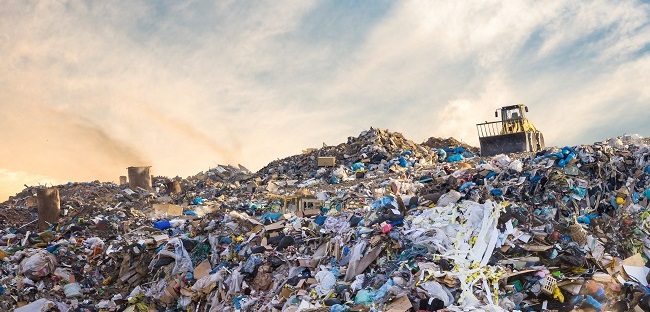Is corporate social responsibility on your audit plan?
Guest blog by Debra Webb | 23 October 2019
Being socially responsible has become increasingly important to consumers. Research shows, people are buying more from organisations that we think are good for communities, the environment, and less from those that aren’t. In addition, there is an ever-increasing impetus from specific activist groups in keeping this subject firmly in the public eye.

It is also a hot topic of increasing risk focus for inclusion on chief audit executives (CAEs) internal audit plans. Environment and climate change risk gaining more focus than ever before.
Risk in Focus 2020 states that more than one in ten (14%) CAEs in the 2020 survey cited ‘Environment and climate change’ as one of the top five risks to their organisation (although only 3% reported it as being their organisation’s single biggest risk). While this is relatively low, it represents a 75% annual increase on the 8% of CAEs who referenced the environment and climate change as a priority risk last year. What’s more, a full 28% of internal audit chiefs foresee this being a priority risk by 2025.
For many businesses, it makes good business sense to show and demonstrate interest in wider social issues that have no direct impact on profit margins (ethical investors – see FTSE4Good for alternative stock market indices).
Increasingly stakeholders are demanding that organisations be transparent and accountable for their commitments and performance. How accurate are the infographics you quote in your annual report and accounts?
Actively demonstrating being socially responsible/sustainable can be acknowledged, whether in relation to materials procured, the supply chain engaged, the products made, the resident community or the people who enable a business to function. Social responsibility brings about substantial benefits for any organisation, of any size and across any sector. Credible award routes eg The Business in The Community (BITC) Responsible Business Awards, The National Recycling Awards, and The Business Charity Awards raise the social commitment of organisations.
Searching the World Wide Web and its Internet/Intranet pages for news articles about your organisation, are as good a place to start regarding:
- values and declared commitments/obligations to being socially responsible
- codes of conduct/ethics
- published external/internal reports
- employee engagement results
- customer survey results
- recognition from a recognised awarding body
- feedback and associated action plans.
Internal auditors can add value by:
- Spotlighting social responsibility activities and accomplishments related to environmental impact, sustainable development, consumer welfare, fair trade, treatment of employees, and relationships with other stakeholders.
- Providing independent assurance that the business has reliable measurements of the achievement of its social commitments, that they are linked to business performance, that any expenditure can be justified, and stakeholder feedback is addressed.
Further reading
Global Reporting Initiative's (GRI) G3 Sustainability Reporting Guidelines








